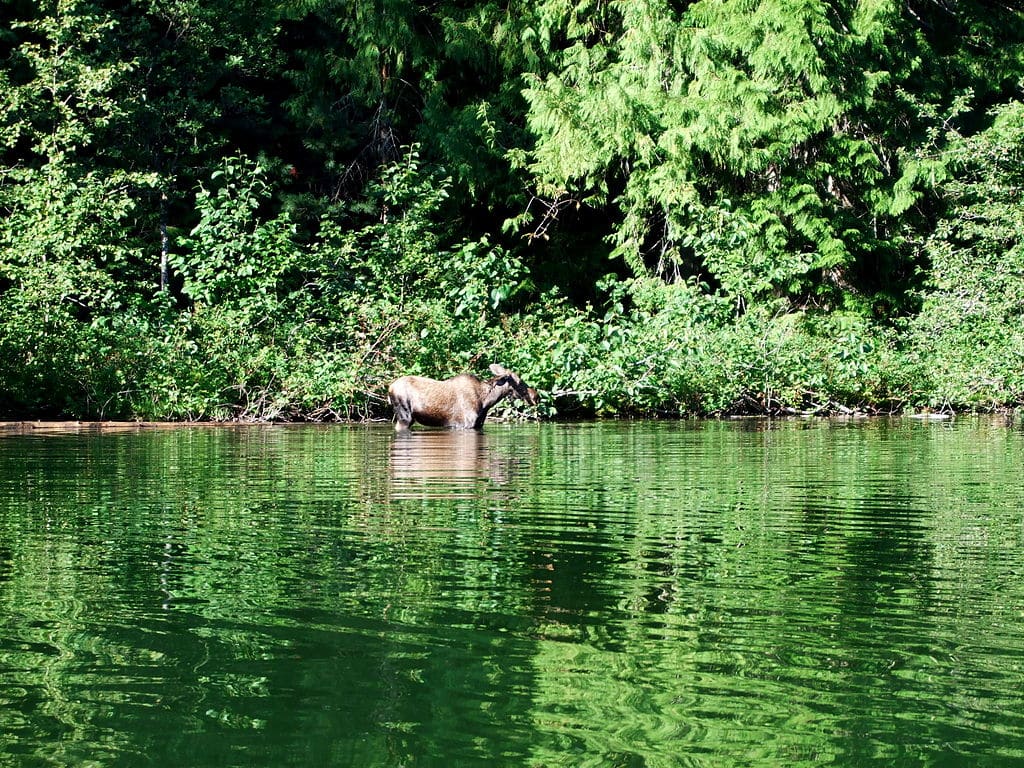The Supreme Court ruled Thursday to boost property rights over clean water, stripping government protections from wetlands that are isolated from larger bodies of water.
Sackett v The Environmental Protection Agency centered on an argument brought to the Court by Idaho property owners Chantell and Michael Sackett. Their legal team asserted that the 1972 Clean Water Act, which prohibits the “discharge of pollutants [into] navigable waters” defines “navigable waters” too vaguely—having to do with all “waters of the United States, including the territorial seas.”
By a 5-4 vote, the Court said in an opinion written by Justice Samuel Alito that wetlands—defined as areas where water covers the soil either all year or for varying time periods including during the growing season—can only be regulated under the Clean Water Act if they have a “continuous surface connection” to larger, regulated bodies of water.
The ruing erased a 17-year-old opinion from former Justice Anthony Kennedy, who had allowed for the regulation of wetlands that have a “significant nexus” to larger bodies of water.
In Thursday’s ruling, all nine Justices agreed that the wetlands on the Sacketts’ Idaho property were not covered by the Clean Water Act. However, only five Justices agreed with the opinion that imposes a new standard for whether or not wetlands are covered by the act.
Conservative Justice Brett Kavanaugh joined the Court’s three liberals in charging that the majority ruling had rewritten the law.
Environmental advocates have asserted that narrowing the Clean Water Act would strip protections from more than half the wetlands in the U.S.
“The Supreme Court ripped the heart out of the law we depend on to protect American waters and wetlands,” Manish Bapna, the chief executive of the Natural Resources Defense Counsel, said in a statement. “The majority chose to protect polluters at the expense of healthy wetlands and waterways. This decision will cause incalculable harm. Communities across the country will pay the price.”
Justice Kavanaugh agreed with that sentiment in a written dissent, stating that the “new and overly narrow test may leave long-regulated and long-accepted-to-be regulable wetlands suddenly beyond the scope of the agencies’ regulatory authority.”
He cited two projects that could be threatened by the ruling: controlling flooding on the Mississippi River and protecting the Chesapeake Bay.
In 2005 the Sacketts paid $23,000 for a 0.63-acre lot near Priest Lake, Idaho and started building a three-bedroom home two years later.
Their complaint to the Court came after the Environmental Protection Agency had ordered them to stop remodeling work on a “soggy residential lot” on part of their property that was deemed to be a wetland.


